I’m well chuffed for the Lionesses for their Euro victory – but I do feel sorry for England fans.
Not all of them – just the lager-swilling, swaggering, jingoistic loutish ones (you know the type I mean) who must be feeling really conflicted at the moment.
After all, Engerlund finally cuffed the Germans, but it took the women to do it.
Which must stick in the craw of some of the mouth-breathers who don’t know whether to sing “football has come home” or hit the keyboards sending vile social media messages telling women footballers to get back in the kitchen where they belong.
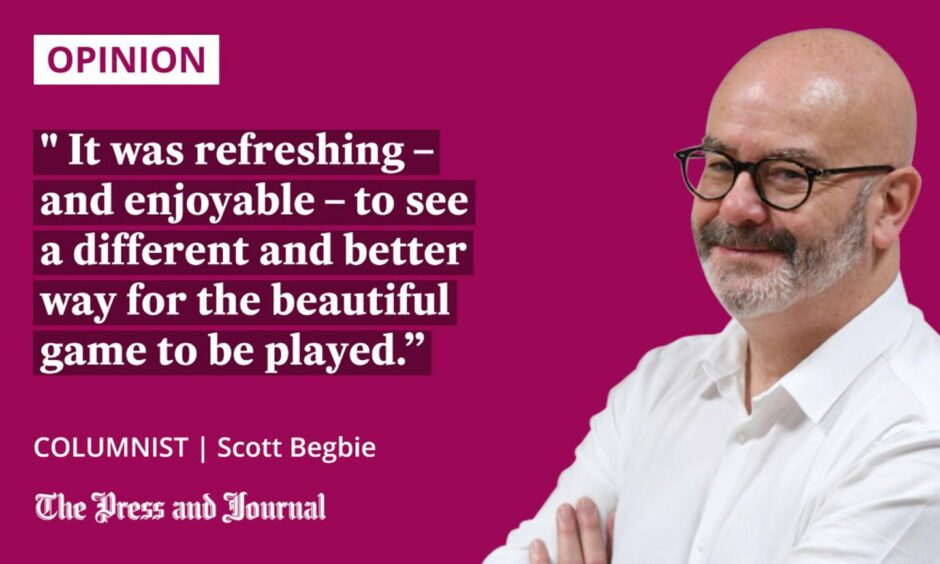
It is so terribly sad that these Neanderthals still exist among us – as evidenced by the excellent EE campaign that sexism in football is “not her problem” which was rolled out ahead of the women’s Euros.
And this is not just an issue south of the border. A P&J investigation earlier this year revealed the appalling scale of misogynistic hate directed at women footballers across the north and north-east of Scotland.
Not just sexist bile, but homophobia, body shaming – even death threats.
Women’s Euros showed sense of fair play
All of this, just because women are playing a game they love and – in my humble opinion – playing it better than men.
Despite my lifelong aversion to football, I watched some of the women’s Euros when we were staying with family in England. I was struck by a rather obvious absence.
There was little of the strutting, macho, aggressive, tribalism at play, either on the pitch or off.
It was all done with a sense of fair play, sportsmanship and a clear love of the game.
Perhaps if all football was like that, I would have taken an interest when my dad dragged me to Tynecastle every Saturday (reserve games included) as a wee boy.
Sense of barriers being broken down
Instead, I was firmly imprinted with the belief football is all about an air of menace, grown men shouting and swearing and fist fights just a “what are you looking at” away, all in a fetid bear pit that reeked of Bovril and stale toilets.
It was refreshing – and rather enjoyable – to see there’s a different and better way for the beautiful game to be played.
Absolute scenes! 🥳 pic.twitter.com/EV5Wzvf4U3
— Lionesses (@Lionesses) July 31, 2022
Now, while I would much rather have seen Scotland lift the Euro trophy (we can dream, can’t we) it really was great to see the sheer joy that broke out among the England team and their fans at winning the championships.
And there was a sense that barriers were being broken down, that young girls everywhere – not just in England – were watching and dreaming of one day being the ones who could be pulling on a winner’s medal.
When they do – and some of them will – let it be in a world where primitive sexist nonsense is a footnote in footballing history.
Scott Begbie is entertainment editor for The Press & Journal and Evening Express
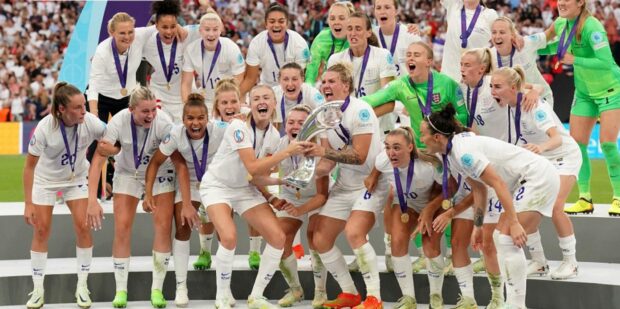
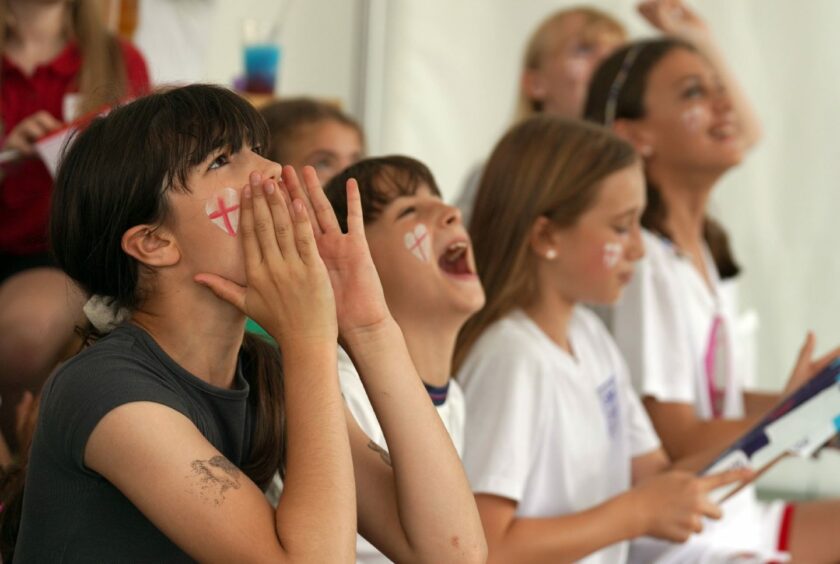
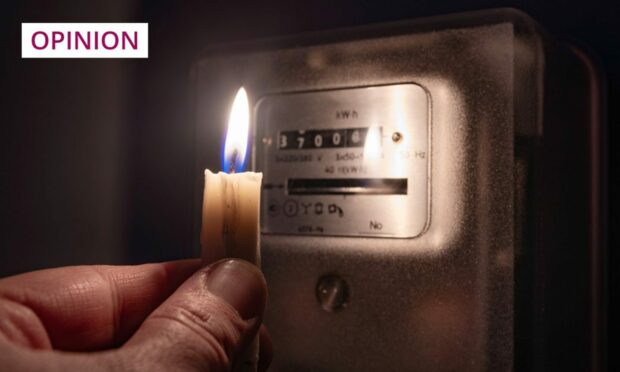
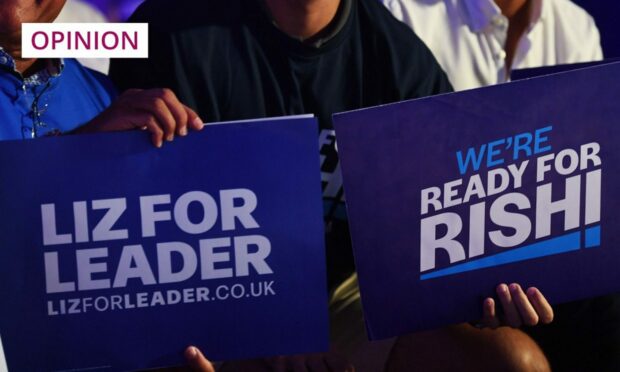
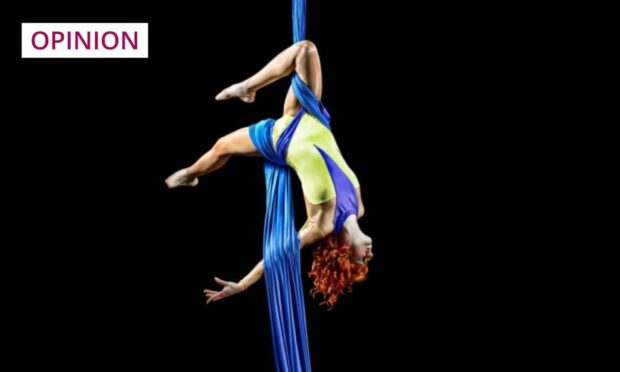
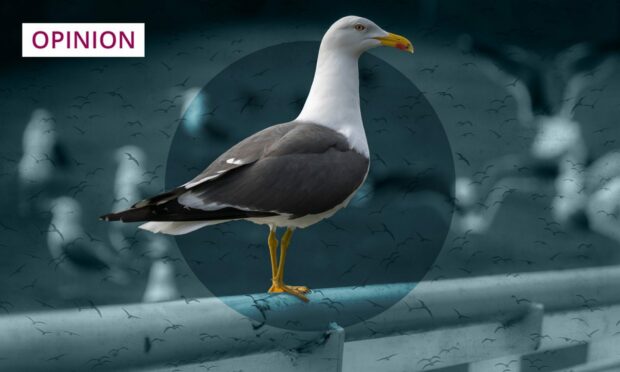
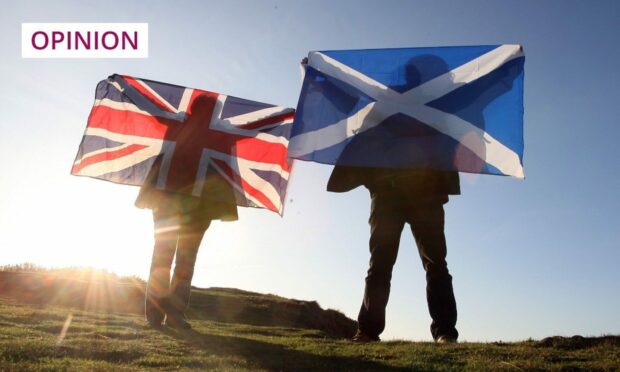










Conversation